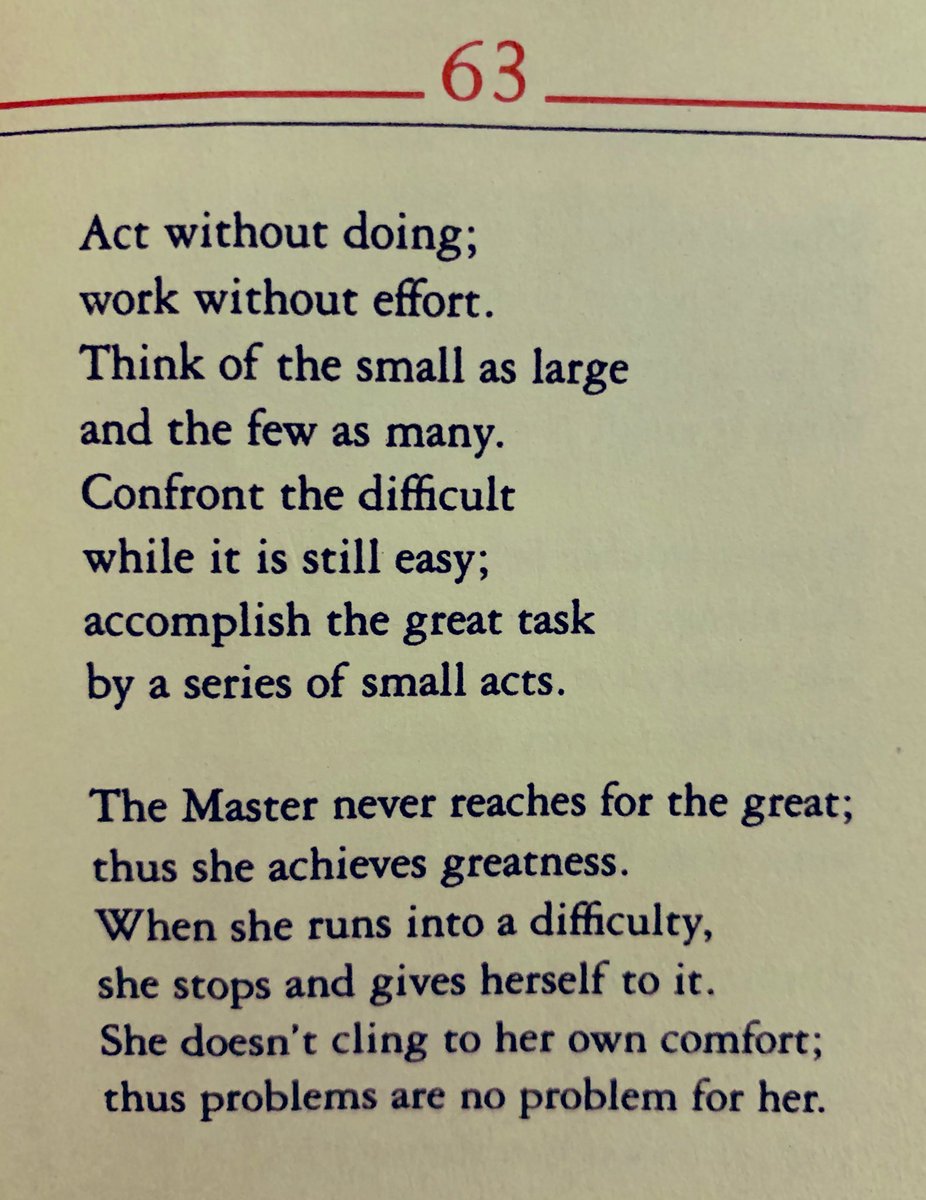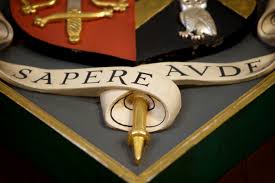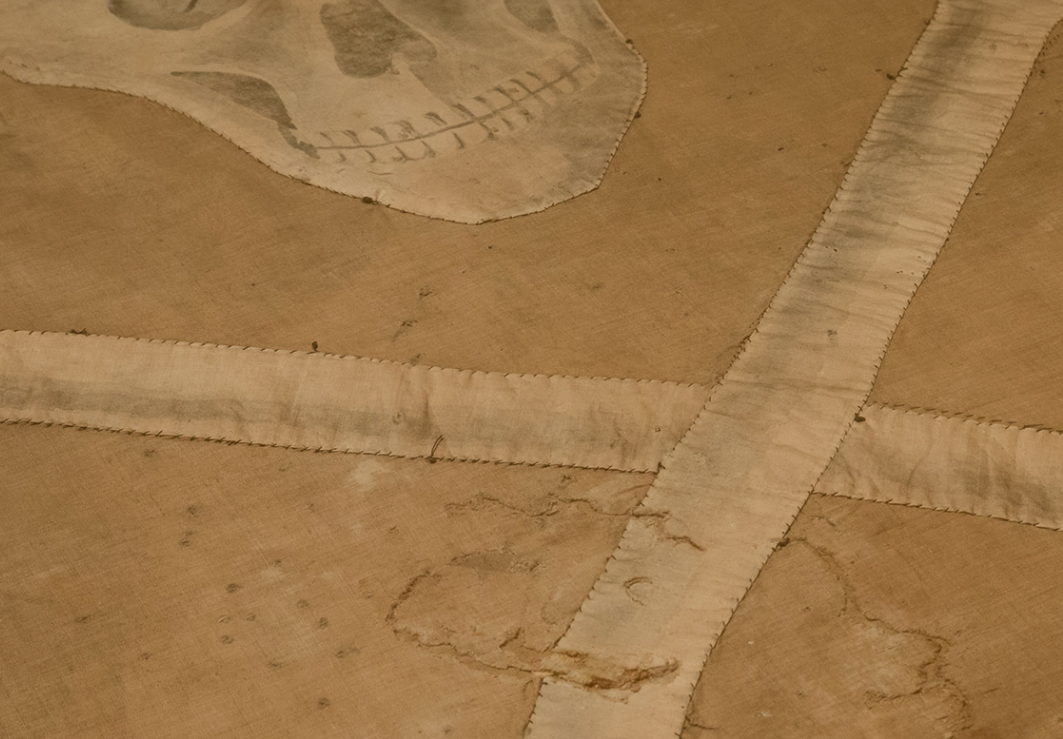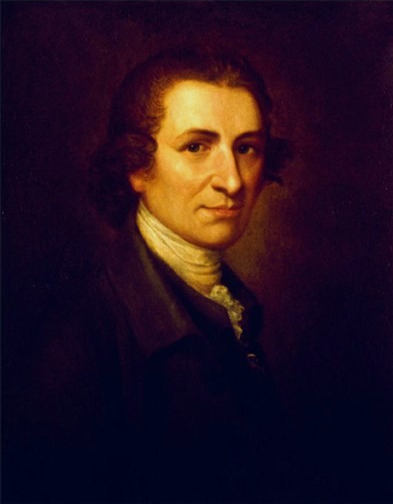Roger Scruton on the virtue of irrelevance ...
Respect for children means respect for the adults that they
will one day become; it means helping them to the knowledge, skills, and social
graces that they will need if they are to be respected in that wider world
where they will be on their own and no longer protected. For the teacher,
respect for children means giving them whatever one has by way of knowledge,
teaching them to distinguish real knowledge from mere opinion, and introducing
them to the subjects that make the mind adaptable to the unforeseen. To dismiss
Latin and Greek, for example, because they are not “relevant” is to imagine
that one learns another language in order, as Matthew Arnold put it, “to fight
the battles of life with the waiters in foreign hotels.” It is to overlook the
literature and history that are opened to the enquiring mind by these languages
that changed the world; it is to overlook the discipline imparted by their deep
and settled grammar. Ancient languages show us vividly that some matters are intrinsically interesting,
and not interesting merely for their immediate use; understanding them the
child might come to see just how irrelevant to the life of the mind is the
pursuit of “relevance.”
Moreover the pursuit of irrelevant knowledge is, for that
very reason, a mental discipline that can be adapted to the new and the
unforeseeable. It is precisely the irrelevance of everything they knew that
enabled a band of a thousand British civil servants, versed in Latin, Greek,
and Ancient History, to govern the entire Indian sub-continent – not perfectly,
but in many ways better than it had been governed in recent memory. It is the discipline
of attending in depth to matters that were of no immediate use to them that
made it possible for these civil servants to address situations that they had
never imagined before they encountered them – strange languages, alphabets,
religions, customs, and laws. It is no accident that it was a classical scholar
– the judge Sir William Jones, founder of the Asiatic Society of Bengal in 1788 –
who did the most to rescue Sanskrit literature from oblivion, who introduced
the world, the Indian world included, to the Vedas, and who launched his
contemporaries on the search for the principles and repertoire of classical
Indian music.
All this is of great importance to the teacher who wishes to
introduce children to the tradition of Western music, and to the listening
culture of the concert hall. Hand-in-hand with the relevance revolution came
the idea of the “inclusive” classroom – the classroom in which “no child is
left behind,” whether or not adapted to the matter in hand. Music has suffered
greatly from this, since it is a subject that can be properly taught only to
the musical, and which therefore begins from an act of selection. Furthermore
even the musical are subjected outside school to a constant bombardment of
music in which banal phrases, assembled over the three standard chords and the
relentless four in a bar, have filled the ear with addictive clichés. How, in
such circumstances, does a musical education begin?





















































































































No comments:
Post a Comment